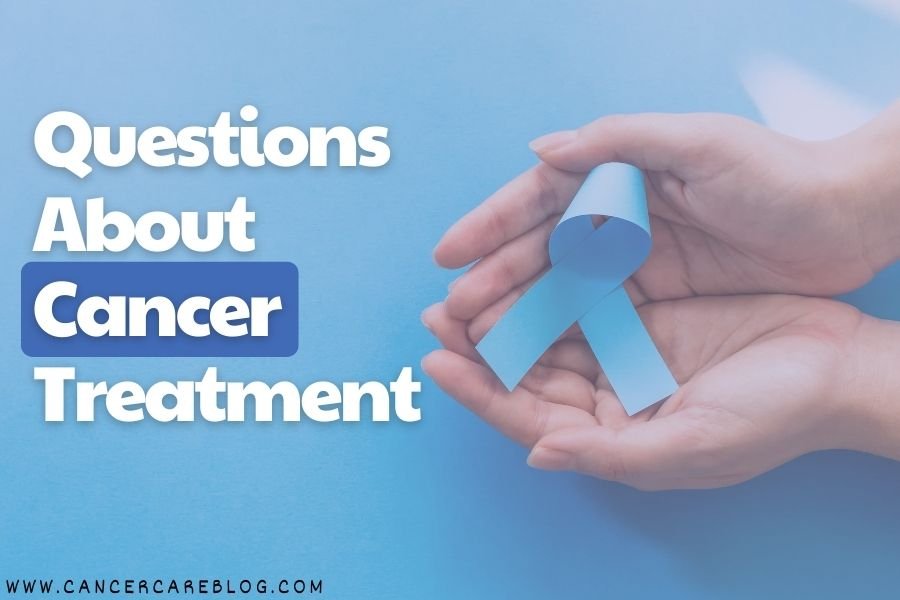If you or someone you love is going through cancer, you probably have a hundred questions. I’ve spoken to people, read through medical sites, and listened to real stories—so I put together this guide to answer some of the most common and important cancer questions.
This is for anyone who’s confused, scared, or simply wants clear answers in plain English. Let’s get started.
Why Cancer Treatment Is Painful
Cancer treatment can be painful—not always, but sometimes. The pain isn’t just from the cancer itself. Treatments like chemotherapy, radiation, and surgery can hurt.
Here’s why:
-
Chemo attacks fast-growing cells. That includes healthy ones too.
-
Radiation can damage healthy tissues around the tumor.
-
Surgery causes pain during recovery.
Doctors manage pain with medications. If you’re hurting, tell your care team. No one should suffer in silence.
Why Cancer Treatment Causes Hair Loss
Not all treatments cause hair loss. But many do, especially chemotherapy.
Why? Chemo targets fast-growing cells—and hair cells grow fast. That’s why your hair falls out.
The good news is: hair loss is usually temporary. It may grow back after treatment ends.
Which Cancer Treatment Is More Targeted?
Targeted therapy is designed to attack cancer cells more precisely. Unlike chemo, it focuses on specific genes, proteins, or the tissue environment.
Doctors use tests to see if your cancer has certain targets. If it does, this treatment might be a good fit. It often has fewer side effects than traditional chemo.
Which Cancer Treatment Is More Effective?
There’s no one-size-fits-all answer.
The most effective cancer treatment depends on:
-
The type of cancer
-
The stage (how far it has spread)
-
Your health and age
-
Whether the cancer has certain mutations
Sometimes it’s chemo. Other times, it’s surgery, immunotherapy, or a mix of treatments. The best choice is the one that’s personalized for you.
Which Cancer Treatment Is More Successful?
“Success” can mean different things. For some, it means complete cure. For others, it’s longer life or better quality of life.
Early-stage cancers often have higher success rates. Targeted therapies and immunotherapies have also shown promising results, especially for certain cancers like melanoma or lung cancer.
Talk to your doctor about survival rates and what “success” could look like in your case.
Where Is Best Cancer Treatment in The World?
Some of the best cancer treatment centers are right here in the U.S.
Top hospitals include:
-
MD Anderson Cancer Center (Texas)
-
Memorial Sloan Kettering (New York)
-
Mayo Clinic (Minnesota)
-
Dana-Farber Cancer Institute (Boston)
These centers are known for world-class doctors, cutting-edge treatments, and strong research programs.
When Cancer Treatment Stops Working
Sadly, sometimes treatment doesn’t work. Or it works for a while, then stops. This is called treatment resistance.
What happens then?
-
Your doctor might try a different type of treatment
-
You may enter a clinical trial
-
You may focus on comfort and quality of life
This doesn’t mean giving up. It means changing the plan.
When Cancer Treatment Ends
When treatment ends, you may feel relief—but also fear. That’s normal.
What to expect:
-
Follow-up tests every few months
-
Watching for signs of return (recurrence)
-
Side effects may last a while (or fade over time)
-
Emotional ups and downs
Survivorship is a journey. Talk to your care team about next steps and support groups.
How Much Cancer Treatment Cost
Cancer treatment cost can be very high in the U.S. It depends on:
-
Type of cancer
-
Number of treatments
-
Hospital and location
-
Insurance coverage
On average, total costs may reach $100,000 or more per year. Insurance helps, but out-of-pocket costs can still be high.
You can ask:
-
Are there financial counselors at the hospital?
-
Can I get help with co-pays or travel?
-
Are there nonprofit programs that offer support?
Don’t be afraid to ask about money. It’s part of your care.
What Are Cancer Treatment Side Effects
All cancer treatments have side effects. Some are mild. Some can be tough. Common ones include:
-
Fatigue
-
Hair loss
-
Nausea
-
Mouth sores
-
Appetite changes
-
Skin changes
-
Weakened immune system
Your doctor can help manage these. Newer treatments often come with fewer side effects, depending on the type.
Can Cancer Treatment Cause Dementia?
This is still being studied. Some patients report “chemo brain”—trouble thinking clearly, remembering things, or focusing.
It’s not full dementia, but it can feel similar for a while. It usually improves over time.
Radiation to the brain may increase dementia risk. But overall, most people do not get dementia from cancer treatment.
Still, let your doctor know if your memory or thinking feels different.
Final Thoughts
Cancer questions are scary. But asking them gives you power. Whether you’re in treatment, supporting someone, or just trying to understand—it’s okay to feel overwhelmed.
I hope this guide helped clear up some doubts. The more we ask, the more we learn. And the more we learn, the better choices we can make.
So keep asking. Keep learning. And never stop being curious about your health.
Sources
American Cancer Society – Understanding Cancer Treatment



